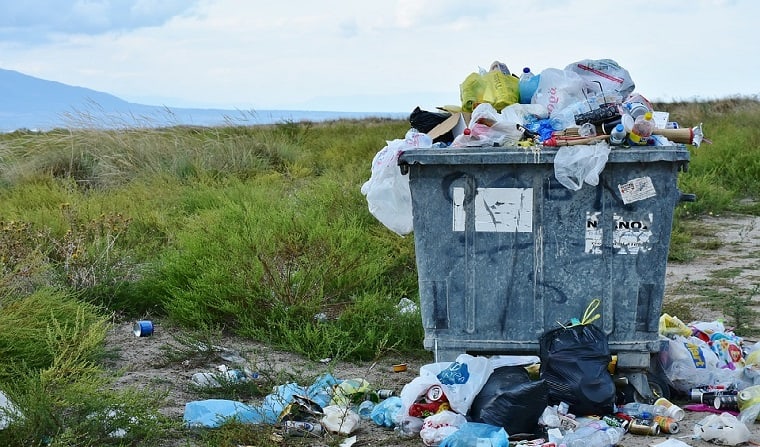Surfers tend to have a good reputation for environmental awareness: ocean conservation projects, beach clean-ups and environmental organizations are run and supported by surfers everywhere. However Tobias C. Schultz claims that particularly surfers have a huge ecological footprint, greater than the ones of most other people! We investigated about this statement …
Coming straight to the results: the American study of Tobias C. Schultz shows that a surfer has a footprint 50% greater than the average citizen. This statement surprises on the first glance. However when producing annually almost ten tons of carbon dioxide, a surfer outreaches the worldwide average. How does that happen?

(c) Jeremy Bishop
About the reasons of the huge ecological footprint
First, we just wanted to mention shortly that the „ecological footprint“ is the amount of the environment (or area of land & water) necessary to support a particular lifestyle. For example those who eat more, consume more, heat more and travel more often, pollute the environment in a greater way and therefore need more land to cover all their activities. The various multipliers for a big footprint are wide-ranging and could easily fill another blog post. Often however the biggest factor is travelling – especially long distances travelled by car or plane do have a huge impact on CO2 emissions. And this is the part which probably affects surfers most.
Travelling to distant surf destinations as a CO2-bomb
In search of the perfect wave and warm temperatures to flee, for example, the bitter cold winters in the northern hemisphere, many flight hours are often quickly accepted (we don´t exclude us here). However as most of us know, the emissions of planes strain our atmosphere dramatically. A return flight from Vienna to Bali causes almost 6 tons of CO2 (according to atmosfair) which is more than double than the annual pollution a citizen should spent.
TIP: On the website of Atmosfair.de/en you can calculate the CO2 consumption of your flight individually – the results definitely make one reflect on travel habits!

(c) Ross Parmly
Let´s have a look at our surf equipment
Another factor contributing to the above-average footprint is the high CO2 emission of surfing equipment. According to Rick Lomax, the founder of Surf Science, 220,000 tons of carbon dioxide is emitted in the global production of surfboards. According to his studies a single 9’1 longboard made of epoxy needs 453 kilograms of CO2!
TIP: On the website of decarbonated-sports.co.uk you can calculate the CO2 emissions of your own surfboard – maybe you want to try it before you buy your next surfboard!
Apart from CO2 emissions, there are also some other causes why surf equipment has a negative impact on our ecological footprint: the material used for boards, wetsuits or booties, is mainly synthetic. All plastics are not only extracted from petroleum and processed through toxic fabrication, but at the end of their lifetime they, as non-compostable products, are also mostly burned, buried or remain in our landscapes for hundreds of years. Often we don´t think of all these factors which pollute the environment.

So what is the solution?
The results from Tobias C. Schultz`s study and the other examples mentioned may sound sobering. But with every bad news, there comes also a good one: The findings bring the opportunity to rethink our behavior and change it!
We can start with consciously choosing our surf destination, for example going to a spot close by and not travelling around the world (read our blog post on Sustainable Travelling for more ideas). When purchasing a surfboard, wetsuit or surf wax, we can choose those which are made out of environmentally friendly materials – fortunately, there are enough sustainable alternatives around, we will keep sharing a lot of examples on our platform! By the way, have you already read the blog post about the Organic Wetsuit or the Wooden Surfboard?
Apart from those considerations, we can of course also influence the size of our ecological footprint through our personal lifestyle: being vegetarian, going by public transport instead of driving our own car, minimizing the consumption of goods and trying to implement the zero-waste idea, are all day to day commitments which can make a remarkable positive difference to our environmental contribution.

(c) Genevieve Dallaire
